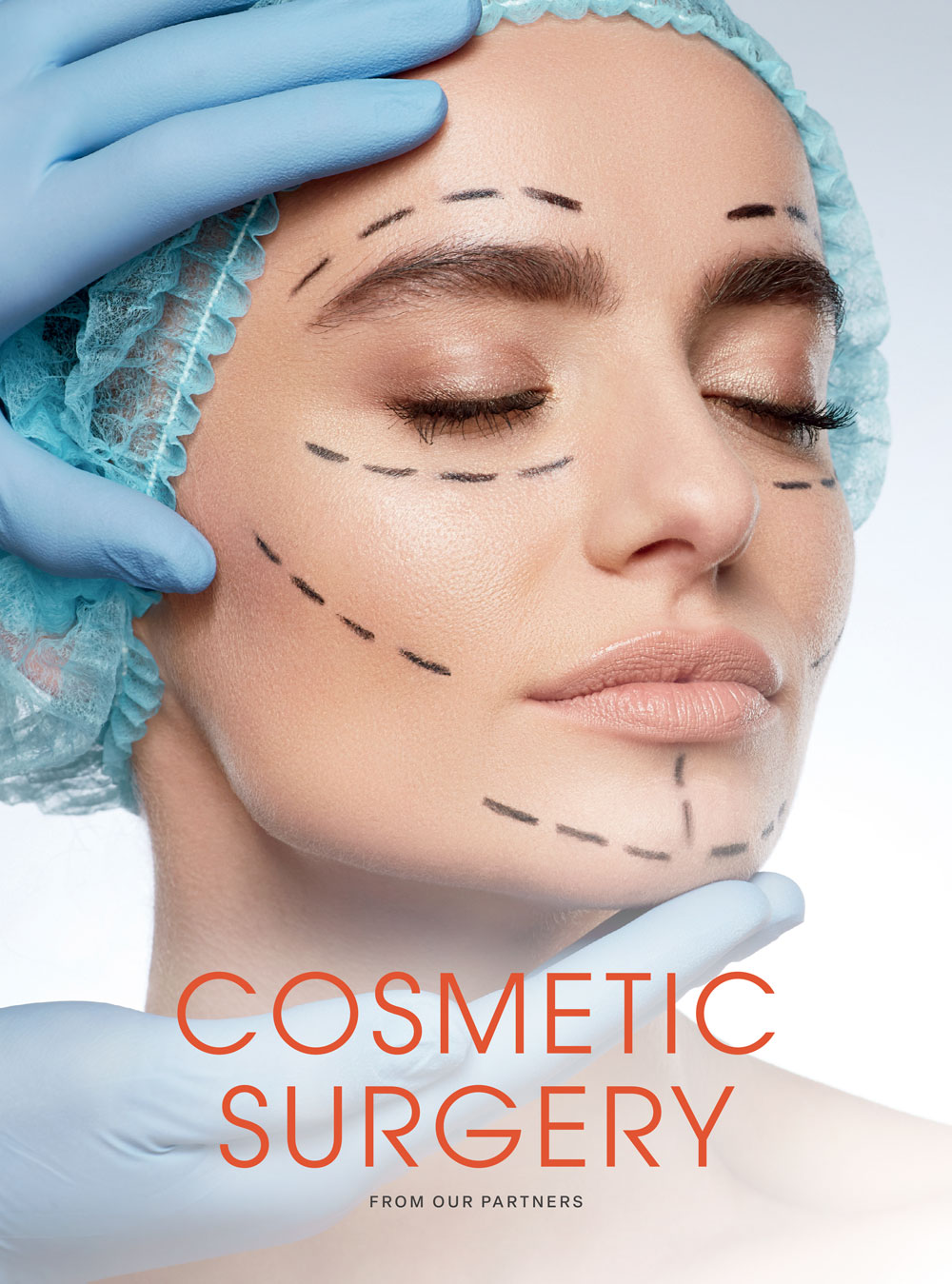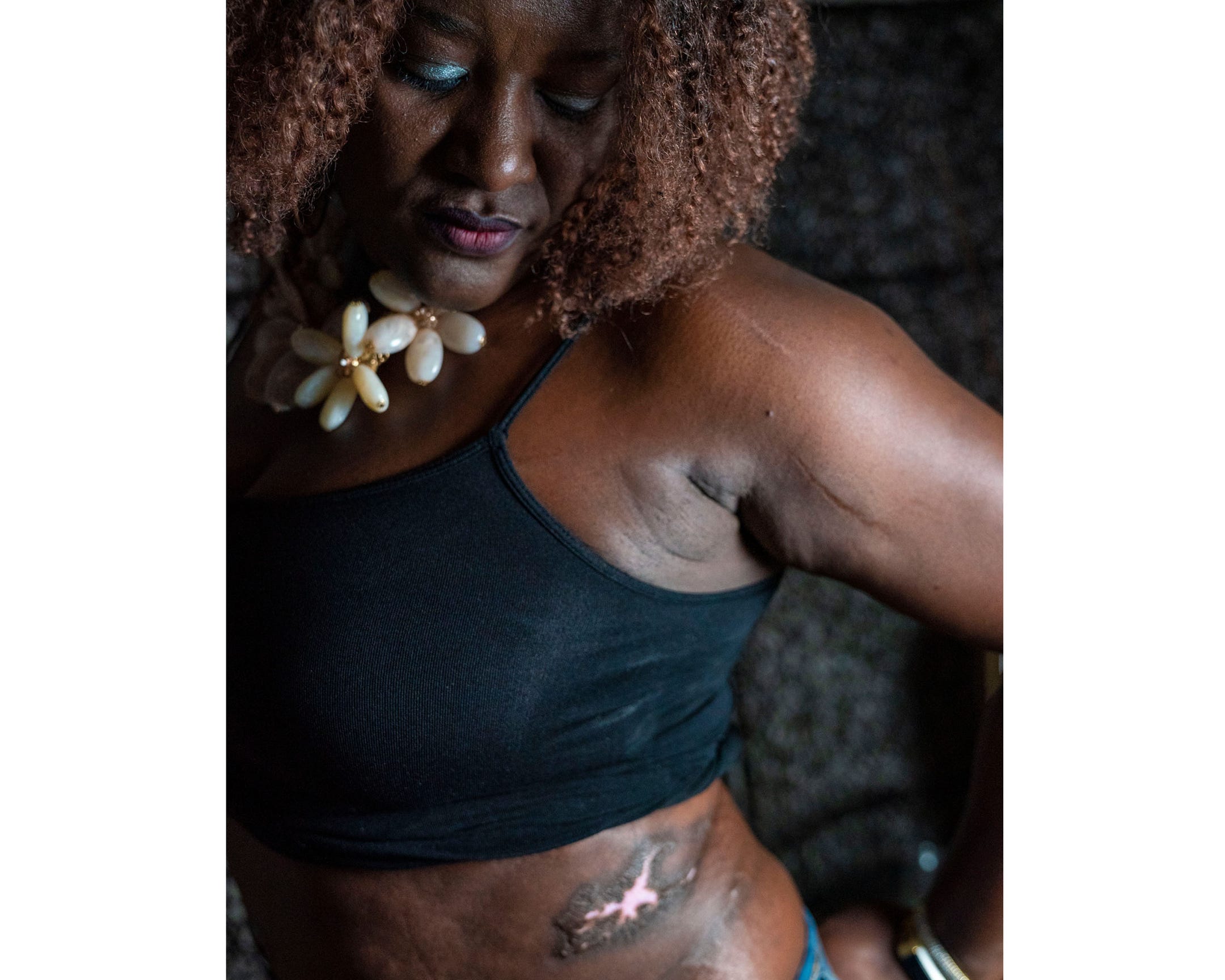Plastic Surgery Inland Empire: Relied On Experts for Magnificent Aesthetic Outcomes
Plastic Surgery Inland Empire: Relied On Experts for Magnificent Aesthetic Outcomes
Blog Article
Exploring the Emotional and Social Factors That Drive People to Consider Aesthetic Surgery as a Way of Improvement
The decision to pursue cosmetic surgery frequently extends past simple aesthetic appeals, linking with social and mental characteristics that merit thorough assessment. Elements such as self-esteem, prevalent societal appeal standards, and the prevalent influence of social networks converge to shape private motivations for medical enhancement. As these influences come to be increasingly popular, recognizing the underlying emotional and cultural contexts is crucial. What remains to be discovered is the profound effect these variables have not only on individuality but likewise on wider societal norms and values bordering elegance and approval.
The Function of Self-worth
Self-confidence substantially influences a person's choice to go after cosmetic surgical treatment. People with reduced self-confidence often perceive themselves in an unfavorable light, resulting in sensations of inadequacy concerning their physical appearance. This unfavorable self-perception can drive them to seek medical interventions as an approach of enhancing their self-image. The wish for improvement in one's look is often linked to a belief that such changes will boost their general self-regard and self-confidence.

Ultimately, the role of self-esteem in the decision-making process pertaining to plastic surgery highlights the complex interplay between body photo, individual complete satisfaction, and psychological health and wellness. Comprehending this connection is crucial for medical care specialists to ensure that people are making informed decisions rooted in practical assumptions and emotional wellness.
Societal Elegance Criteria
Influenced by prevalent media portrayals and social narratives, social beauty criteria play a crucial duty in shaping people' perceptions of their very own bodies. These requirements are usually identified by an idyllic kind of elegance that stresses characteristics such as slimness, symmetry, and youthfulness. As these suitables are bolstered with various channels, consisting of tv, film, and marketing, individuals regularly internalize these messages, bring about discontentment with their natural look.
The ramifications of these societal norms extend beyond aesthetic choices; they can influence self-worth, mental health and wellness, and social relationships. People who perceive themselves as falling brief of these requirements may experience sensations of insufficiency, triggering a desire for cosmetic surgical procedure as a way of attaining societal approval. This search is often sustained by the belief that adapting these ideals will enhance not only physical appearance however also social standing and individual satisfaction.

Impact of Social Network
The influence of societal elegance criteria is additional magnified by the increase of social networks systems, where curated pictures and idyllic depictions of beauty are ubiquitous. Customers are frequently subjected to filtered and modified photographs, which usually depict unattainable physical features. This exposure grows a culture of contrast, leading people to evaluate their very own appearance against these usually impractical criteria.
Social network influencers and celebrities read more frequently promote aesthetic treatments, normalizing the notion that surgical improvements are a sensible means for attaining social perfects (plastic surgery rancho cucamonga). The visibility of these enhancements can produce an understanding that undergoing cosmetic surgical treatment is a basic technique, thus influencing people to take into consideration comparable interventions as a pathway to enhanced self-confidence and social approval
Moreover, the interactive nature of social media sites permits instant comments with sort and comments, even more reinforcing the desire to comply with popular charm criteria. Such communications can worsen sensations of insufficiency and drive individuals towards plastic surgery as a way of acquiring validation. Inevitably, social media sites plays an essential role in shaping perceptions of elegance, which substantially impacts the decision-making processes bordering plastic surgery.

Social Perspectives on Look
Across numerous cultures, assumptions of appearance are deeply rooted in historical, social, and economic contexts, forming individuals' sights on elegance and worth. In lots of societies, look functions as a significant marker of identification, affecting social standing, professional possibilities, and individual relationships. As an example, in some societies, light skin is typically associated with wide range and privilege, while others may idealize darker complexion as icons of toughness and authenticity.
In addition, standard beauty requirements are usually perpetuated via cultural narratives, media representations, and family members influences, causing differing suitables throughout various regions (plastic surgery rancho cucamonga). In Western societies, the focus on young people and fitness commonly drives people towards aesthetic enhancement, while in specific Eastern societies, more subtle changes lined up with traditional visual appeals may be favored
Globalization and the expansion of digital media have actually better complicated these characteristics, creating a hybridization of elegance perfects that goes beyond geographical boundaries. As people significantly browse these social narratives, the pressure to satisfy details appearance standards can result in the need for cosmetic surgical treatment, reflecting a complicated interaction of cultural worths and individual aspirations. Understanding these cultural viewpoints is essential in addressing Visit Website the inspirations behind plastic surgery considerations.
Emotional Effects of Plastic Surgery
Lots of people looking for cosmetic surgical procedure record experiencing profound psychological effects that can significantly alter their self-perception and psychological wellness - plastic surgery rancho cucamonga. The wish for physical improvement commonly originates from underlying issues such as reduced self-confidence, body dysmorphic condition, or social stress regarding beauty requirements. For some, the prompt post-operative stage can lead to a momentary increase in positive self-image and complete satisfaction with their appearance, fostering a sense of empowerment
However, these positive feelings may not be enduring. Research indicates that while some clients experience enhanced self-confidence, others may deal with heightened stress and anxiety or depression if their assumptions are not met. This disparity can read review develop from impractical ideals bolstered by media representation and social narratives bordering elegance.
Furthermore, the psychological ramifications of plastic surgery prolong past the individual. Relationships with friends and family may be stressed as social dynamics change, resulting in sensations of seclusion or alienation. Eventually, the emotional effects of cosmetic surgery are intricate and complex, needing cautious consideration by both prospective patients and doctor to make certain educated decision-making and realistic assumptions.
Conclusion
In final thought, the decision to pursue cosmetic surgical procedure is considerably influenced by a combination of self-esteem problems, social elegance criteria, and cultural point of views on look. The pervasive reach of social networks further worsens these pressures, promoting impractical ideals that people typically strive to attain. Understanding these social and mental elements is crucial for dealing with the inspirations behind plastic surgery, highlighting the need for a much more nuanced discussion bordering beauty and self-acceptance in modern society.
The choice to seek cosmetic surgery commonly expands past mere visual appeals, intertwining with social and emotional characteristics that warrant extensive assessment. Inevitably, social media plays a crucial duty in forming perceptions of charm, which significantly affects the decision-making procedures surrounding cosmetic surgery.
As people increasingly navigate these social stories, the pressure to adjust to details look criteria can lead to the wish for cosmetic surgery, showing a complex interplay of individual ambitions and social worths.In verdict, the choice to go after cosmetic surgical treatment is dramatically influenced by a mix of self-esteem problems, social appeal criteria, and cultural perspectives on look. Understanding these social and psychological variables is important for attending to the motivations behind cosmetic surgery, highlighting the need for an extra nuanced conversation bordering elegance and self-acceptance in modern culture.
Report this page